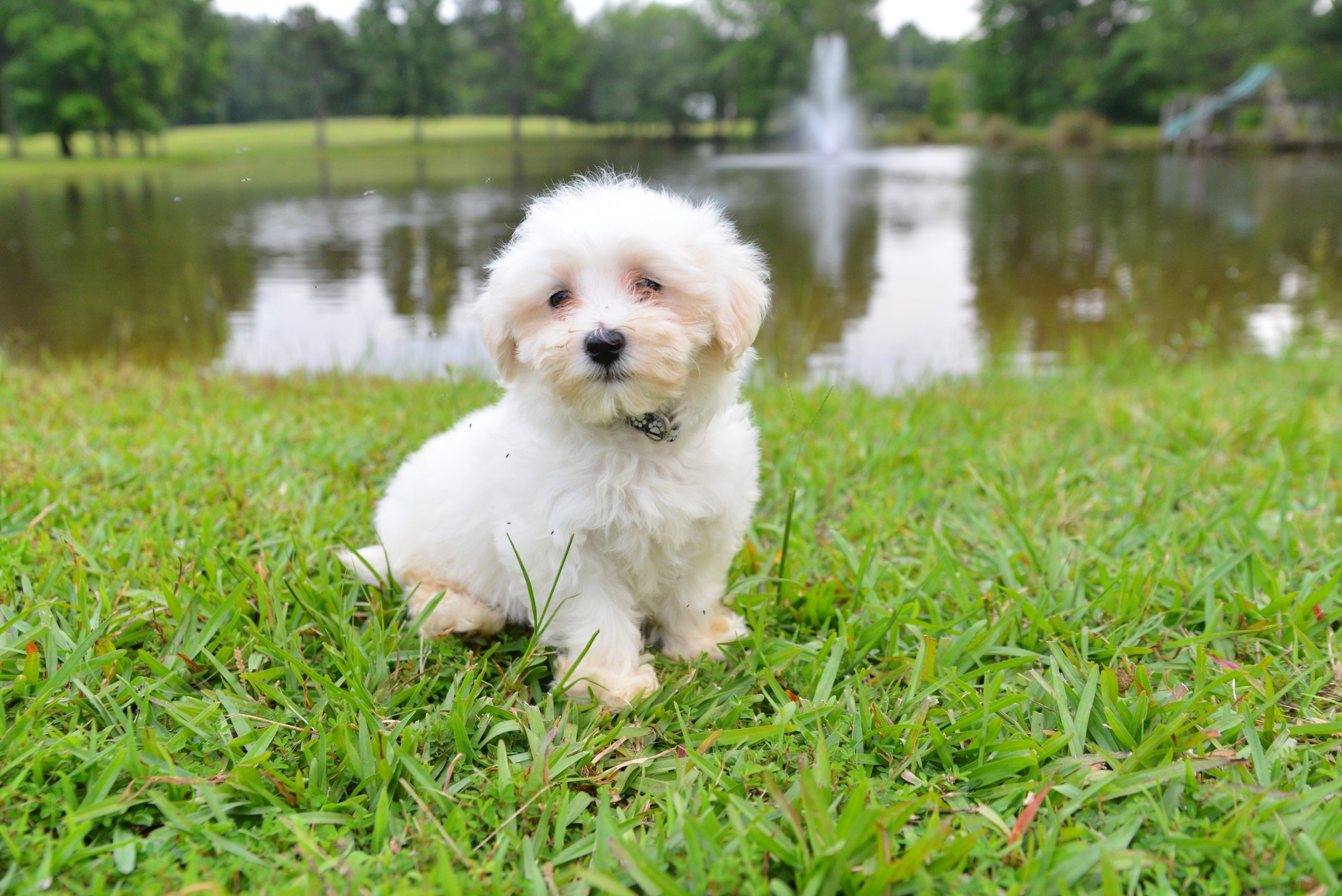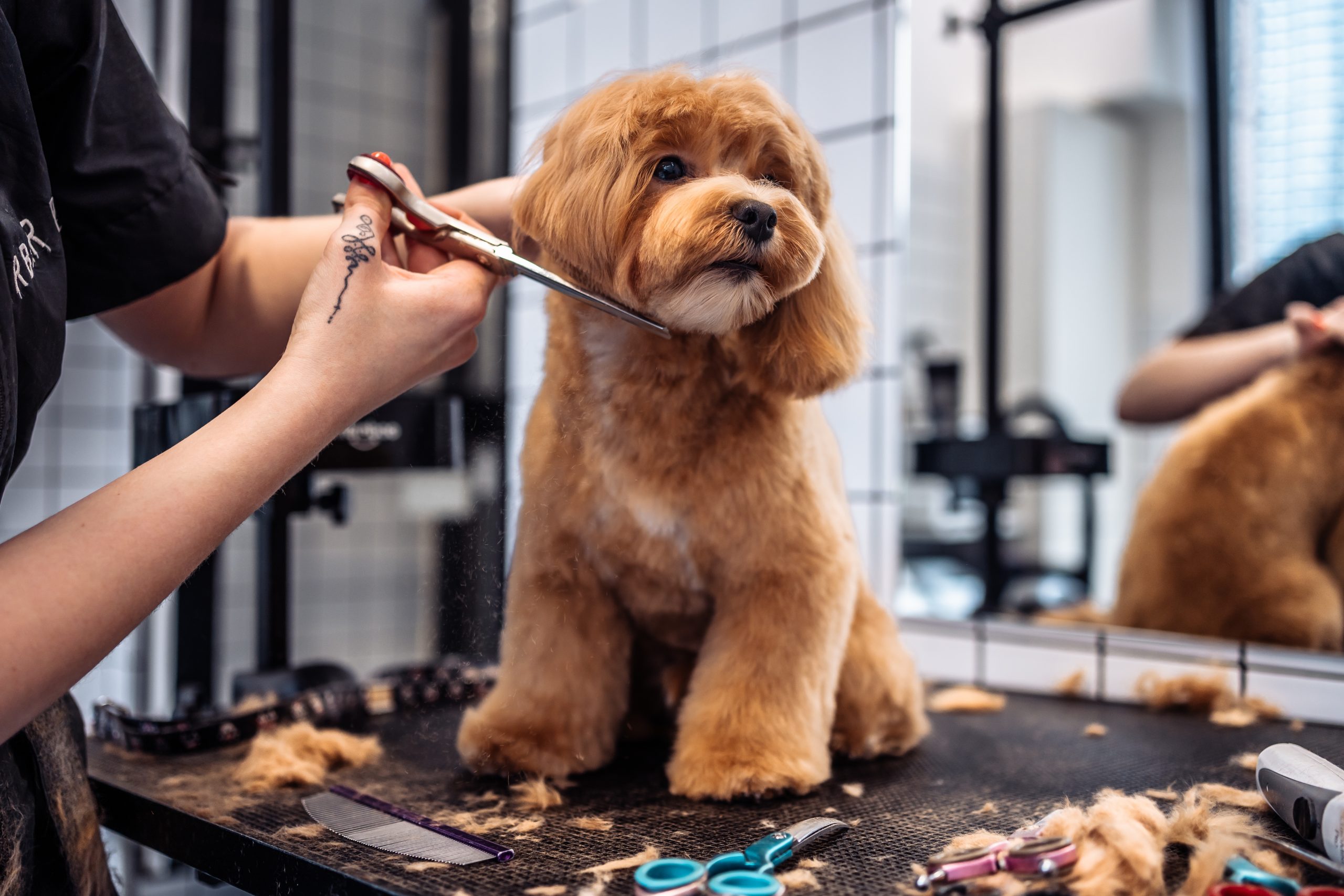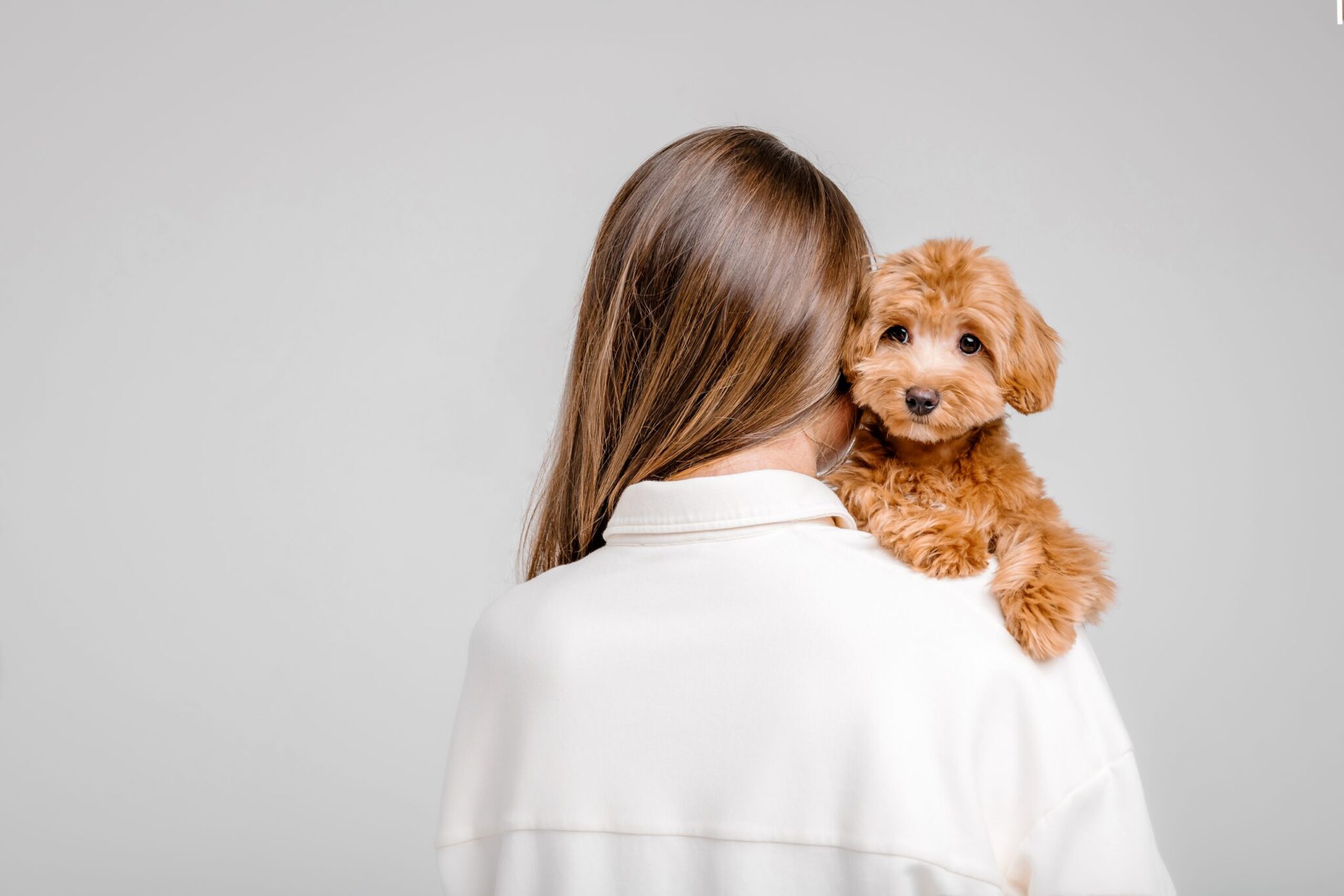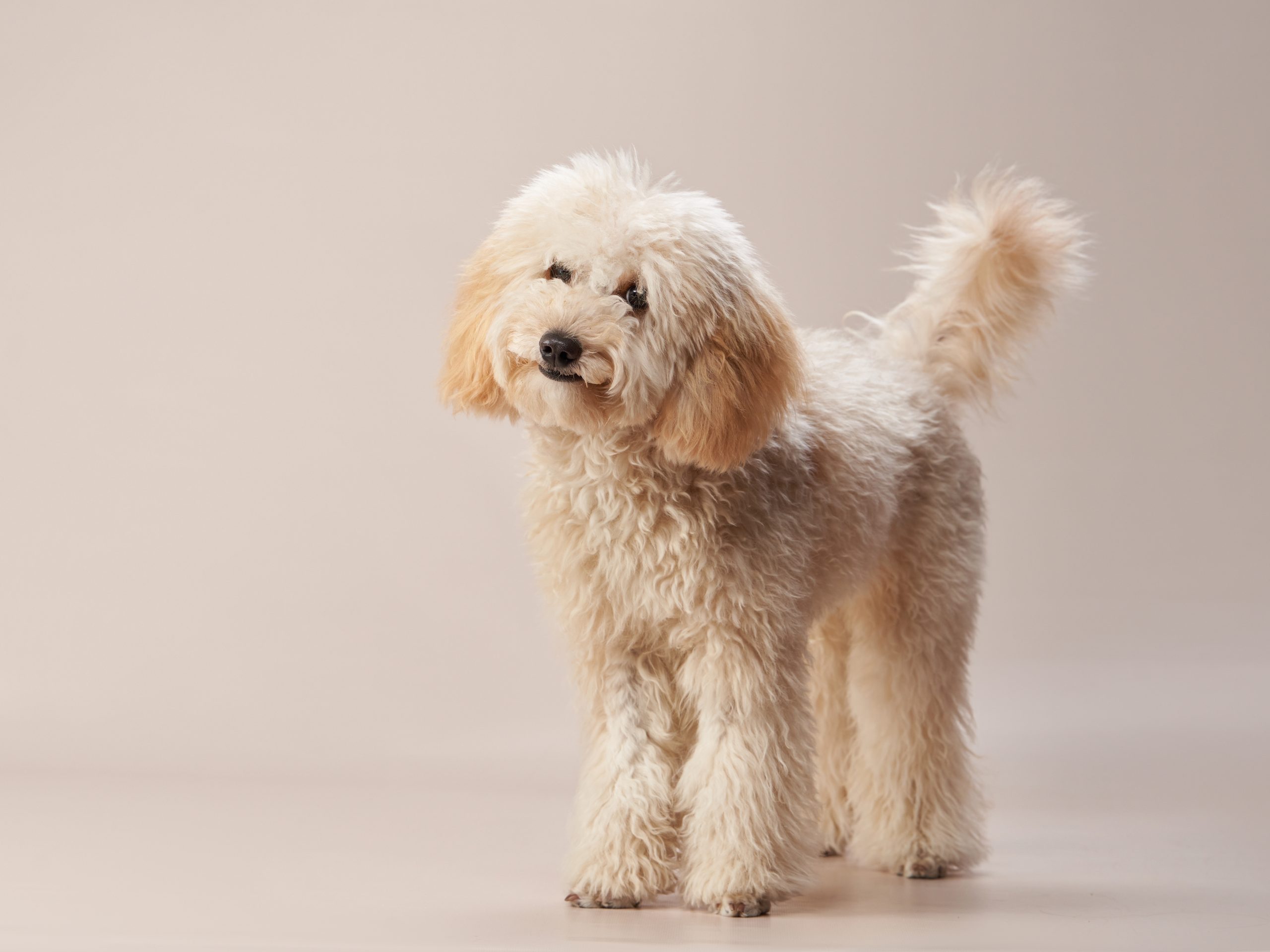Malti-Poo
No products found which match your selection.
Shelter Dog Meal Donation Count:
No products found which match your selection.
The Malti-Poo is a loving and intelligent companion, blending the best traits of the Maltese and Poodle. With its adaptable size and hypoallergenic coat, this crossbreed is suited to a wide variety of homes, making it a popular choice for many dog lovers.
Malti-Poos are known for their charming nature and low-shedding coat. They combine the gentle temperament of the Maltese with the intelligence and hypoallergenic qualities of the Poodle.

Emerging in the late 20th century, Malti-Poos were bred as a part of the trend toward creating new hybrid breeds, especially those with hypoallergenic coats.




Malti-Poos generally enjoy good health, with a life expectancy of 10 to 15 years. However, they can inherit health issues common to their parent breeds, including patellar luxation, dental problems, and hip dysplasia. Regular veterinary check-ups are essential to catch and treat any health concerns early.
Their coat requires regular grooming to prevent mats and tangles, including brushing several times a week and professional grooming every 4 to 6 weeks. Regular dental care is also important to prevent dental issues.
Despite their small size, Malti-Poos have a moderate energy level and enjoy daily walks, playtime, and mental stimulation to keep them happy and healthy.
Malti-Poos are intelligent and eager to please, making them relatively easy to train. Positive reinforcement techniques work best. Early socialization and obedience training are recommended to ensure they grow into well-adjusted adults.
A balanced diet suitable for their age, size, and activity level is crucial. Small-breed formulas are often appropriate, but it's best to consult with a vet for personalized advice.
The Malti-Poo is a delightful companion, combining intelligence, affection, and a hypoallergenic coat into a small package perfect for many homes. With proper care, including regular grooming, exercise, and health checks, the Malti-Poo makes a loving and joyful addition to any family.
The Malti-Poo, a cross between a Maltese and a Toy or Miniature Poodle, is generally a healthy breed, but they can inherit certain health issues from their parent breeds. Here are some common health concerns and recommended tests for Malti-Poos:
Ensuring that your Malti-Poo undergoes these recommended tests and evaluations can help you catch and manage health issues early. Always consult with your veterinarian for the best care plan tailored to your dog's specific needs. Regular veterinary visits, a healthy diet, and plenty of exercise will go a long way in keeping your Malti-Poo healthy and happy.
The iHeartDogs Free Rx Discount Card Program is a pet prescription discount card that can help you save money on your furry friend’s medications. The card is free to sign up for, and you can use it at participating pharmacies nationwide. To use the free program, simply show the card to your pharmacist when you pick up your pet’s prescription. The pharmacist will then scan the card, and you will receive a discount on the price of the medication.LEARN MORE
The annual cost of caring for a Malti-Poo, a crossbreed between a Maltese and a Poodle, can vary depending on several factors such as location, the dog’s health, and the level of care provided. Here’s a breakdown of common expenses:
Total Estimated Annual Cost:
$2000 - $6400
It's important to note that these figures are estimates and can vary. Also, the first year of owning a dog can be more expensive due to one-time costs like spaying/neutering, initial vaccinations, and training. Regular budgeting for your dog's needs and an emergency fund for unforeseen costs are essential for responsible pet ownership.
We rely on ads to keep creating quality content for you to enjoy for free.
Please support our site by disabling your ad blocker.
Continue without supporting us
If the prompt is still appearing, please disable any tools or services you are using that block internet ads (e.g. DNS Servers).